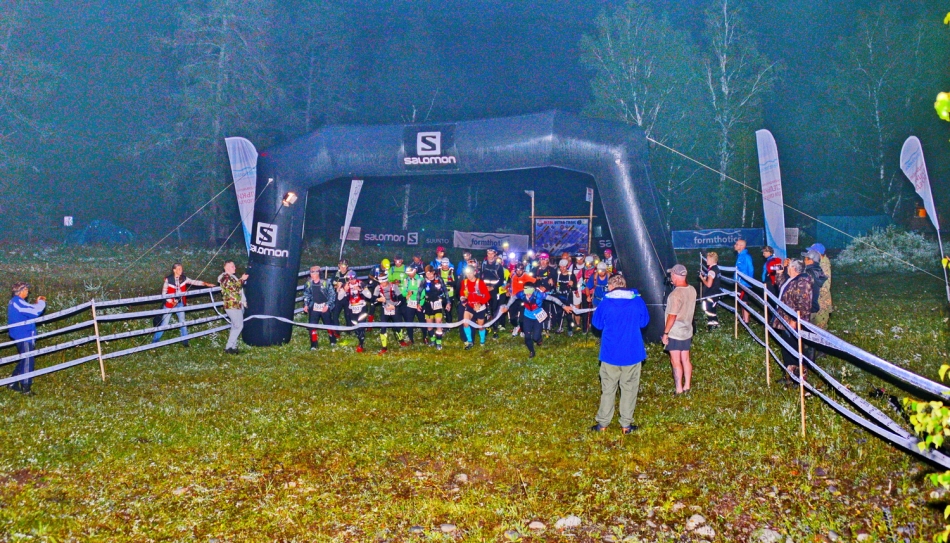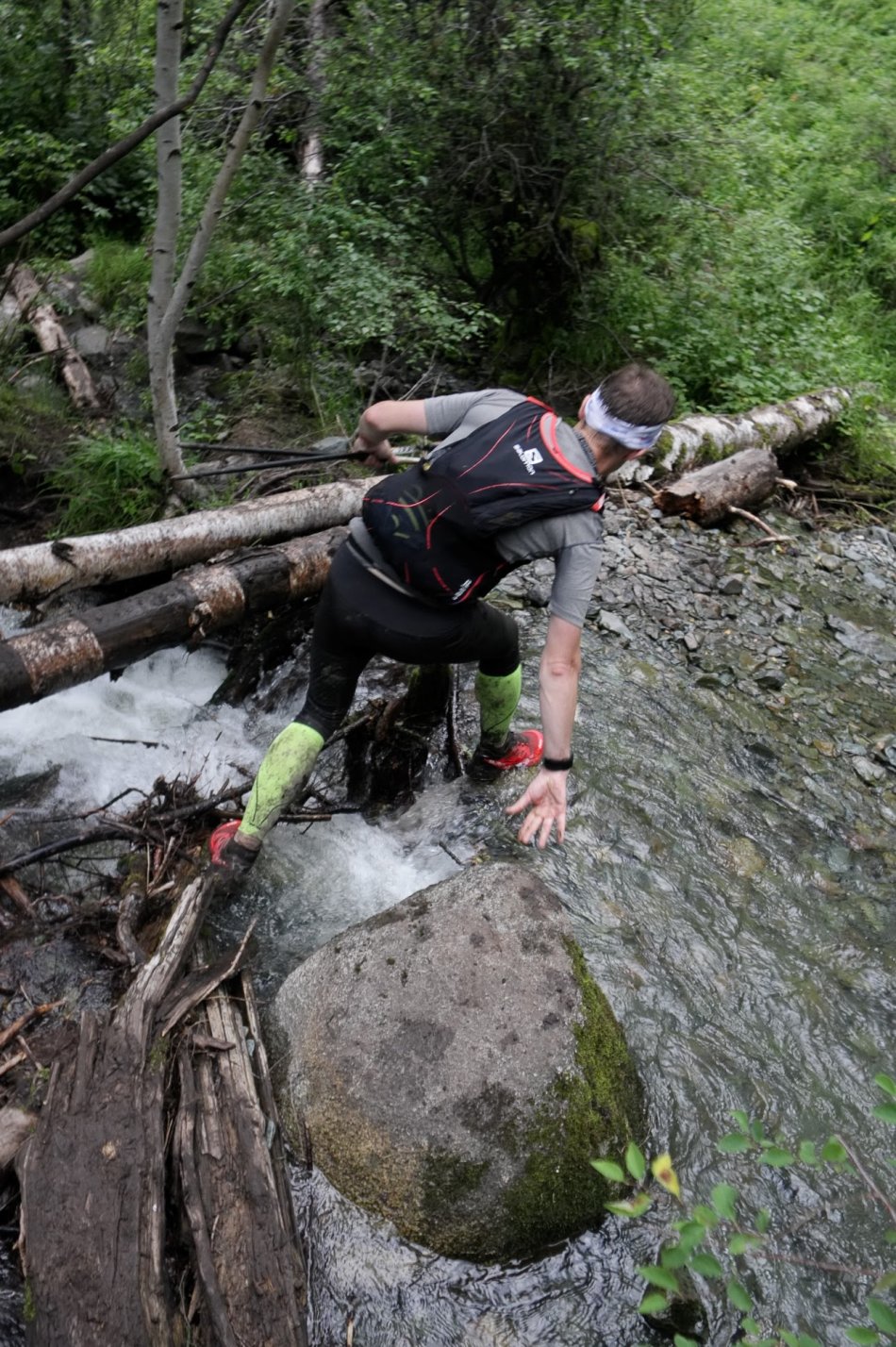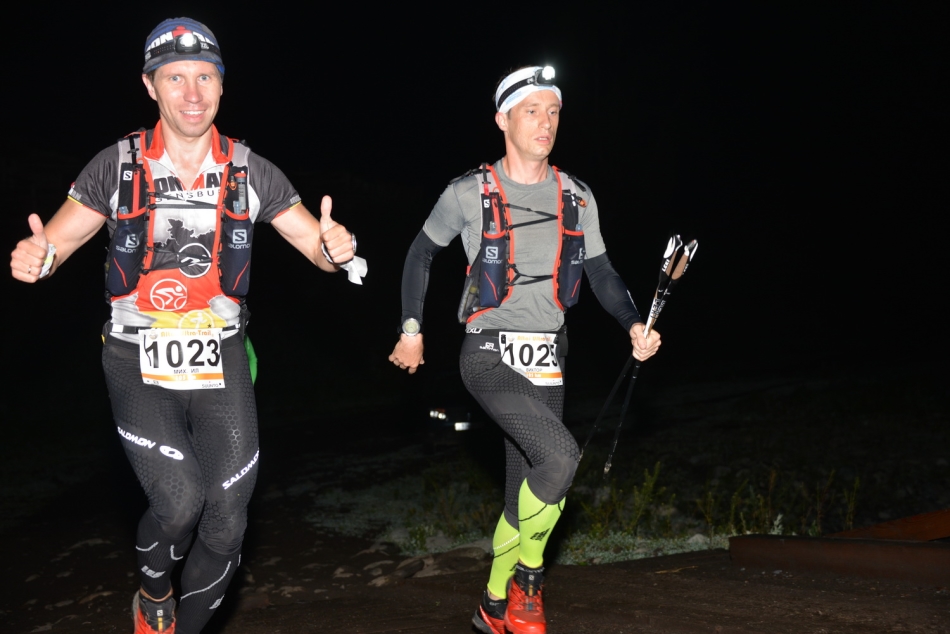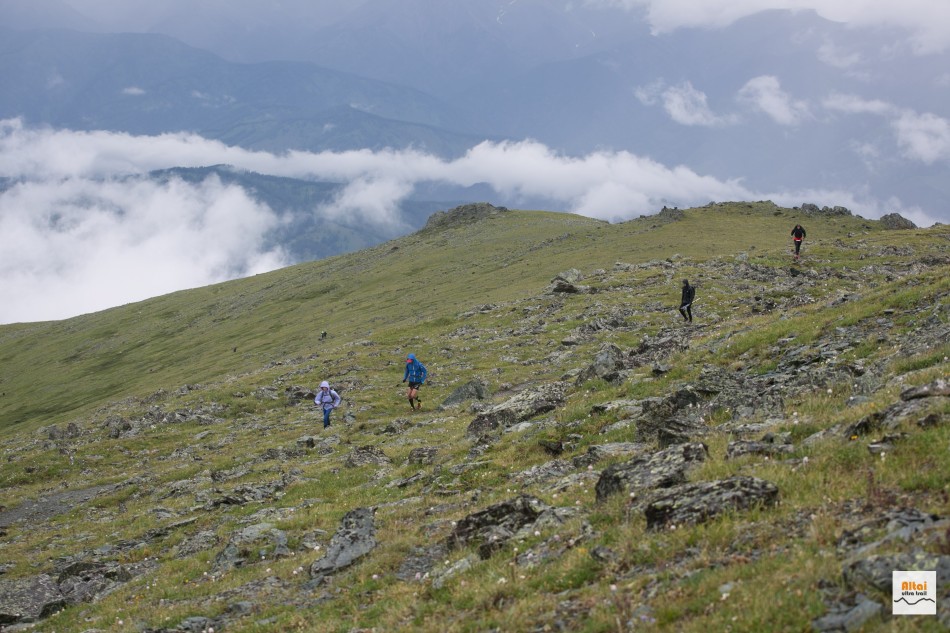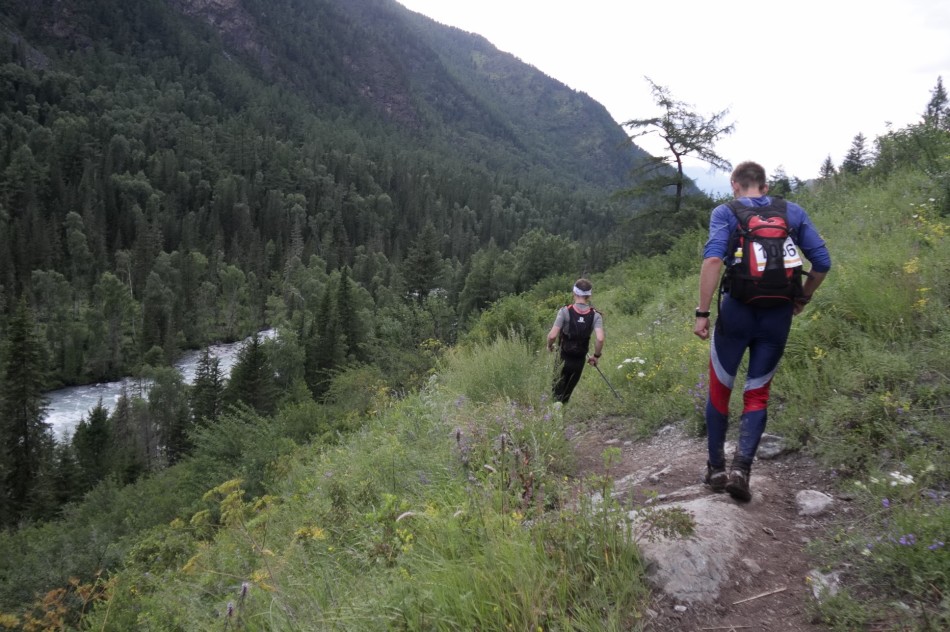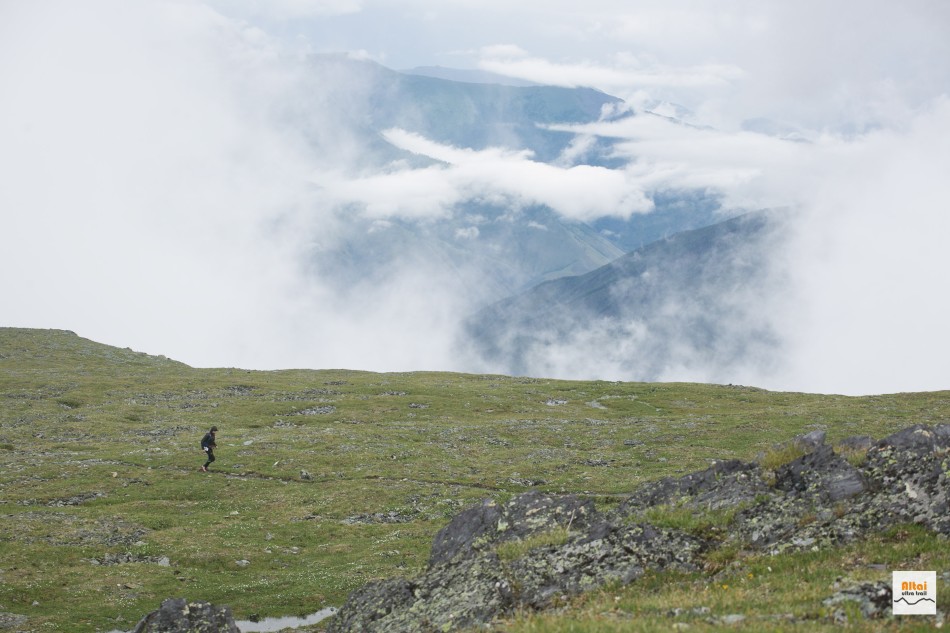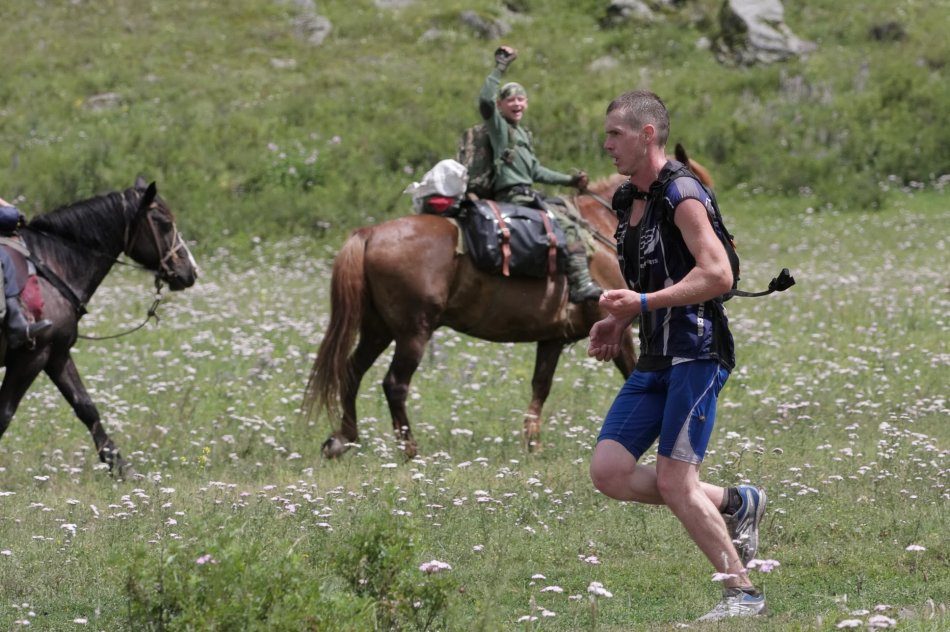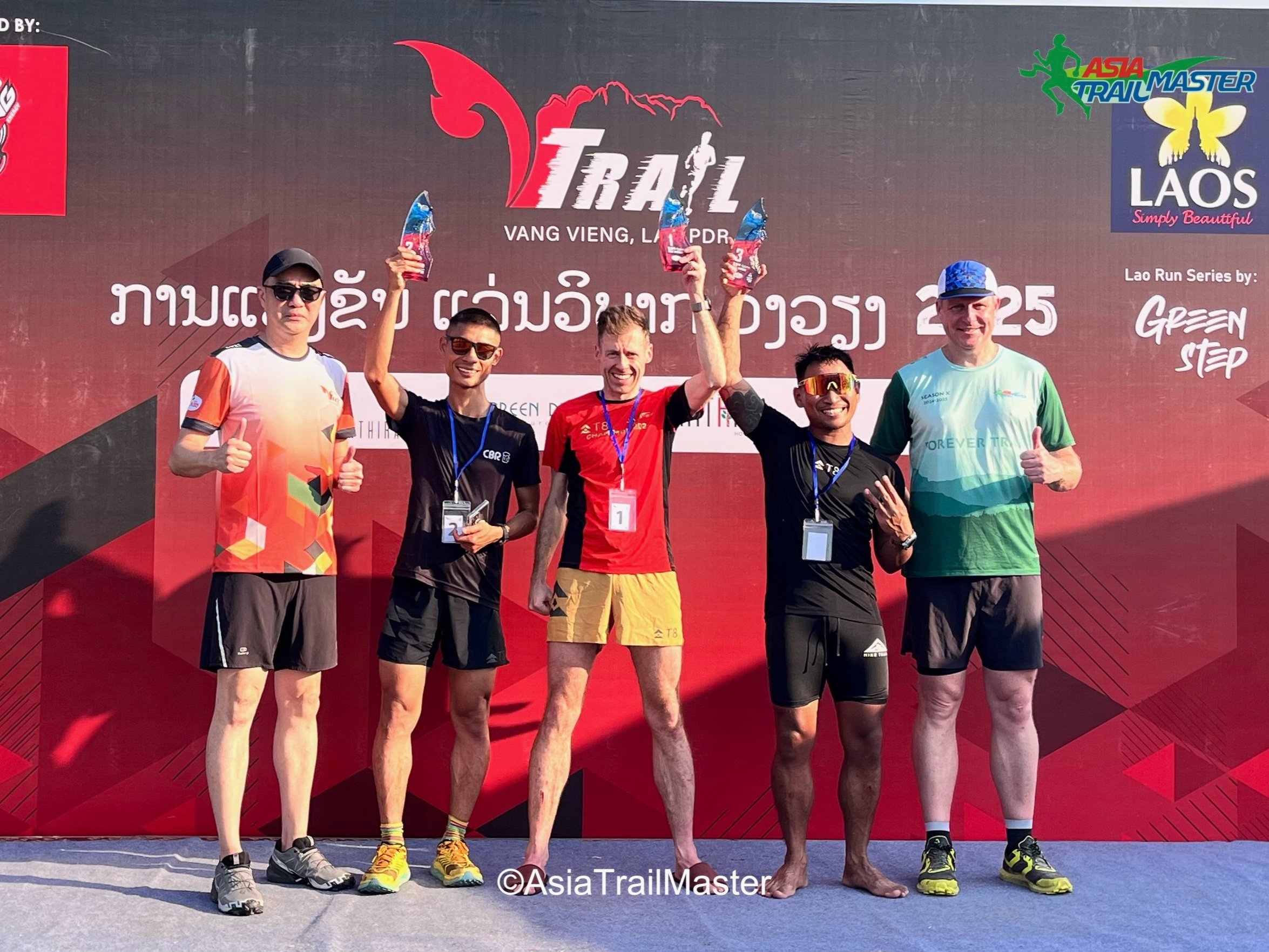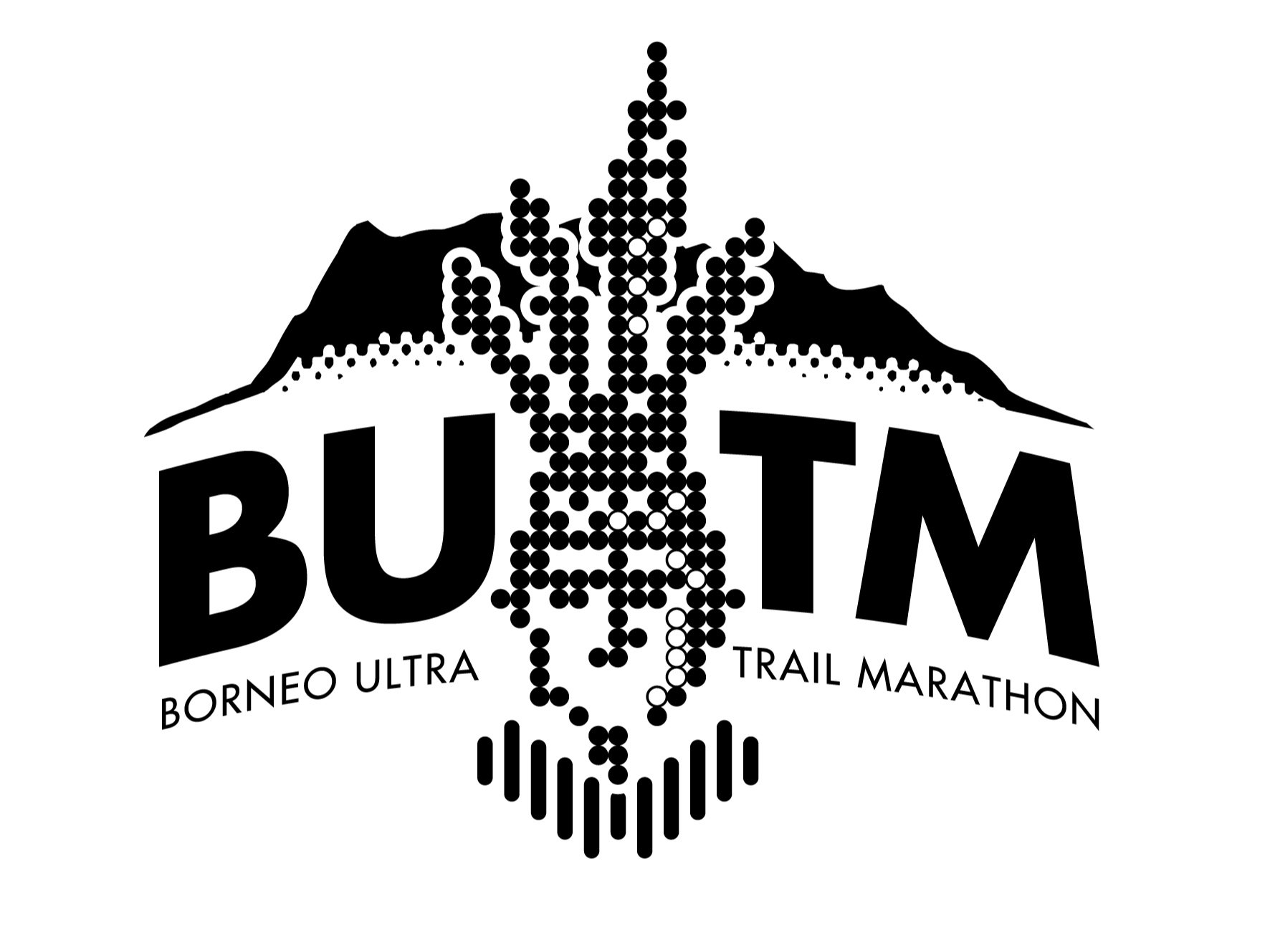It was to be expected that the new version of MRU, named Rinjani 100, would be the ultimate challenge for any trail runner, and so it proved to be except for one outstanding athlete: Jan Nilsen. The Norwegian living in Thailand had made this 100k race with 9100 metres of elevation gain one of his goals of the season, and he succeeded big time. And as icing on the cake: Nilsen was the ONLY finisher of the race within the 36 hour cut off time, completing the race in 26 hours and 35 minutes. And that just proves his dominance last weekend. Taking into account that 2015 Asia Trail Master champion and winner of last year's MRU 52k, Arief Wismoyono, threw in the towel just over half way the race, Jan Nilsen's victory in the Rinjani 100 has gone down as one of the greatest sporting achievements in the still short history of the Asia Trail Master series. This is how trail legends are made.
It was not that people did not try. They were 52, the runners who took up the challenge last weekend. Other than Nilsen and Wismoyono, also reputed runners such as Yohanis Hiareij, Alan Maulana, Regis Cabaret, Ali Ajis Rasil, Hendra Hiswanto and Abdul Aziz Dermawan were present. Abdul Aziz Dermawan and Siswanto did actually complete the course, but two hours outside the time limit. Mila Marlina aimed to win the female race and get her Asia Trail Master season in a higher gear, but she fell and unfortunately suffered an injury. Other than the tough climb to the Rinjani summit, the course had several very technical parts.
Jan Nilsen was also impressed by the race course: "The Rinjani 100 is a brutal race. Reaching Rinjani summit is so tough mentally and physically. The loose sand and the altitude/ elevation gain combined with the steepness is brutal and you don't really have anything left for the rest of the climbs. The organisation did a great job with clearing trails and the marking was good. However, the aid stations only had water and some fruit at a few places. I hear they ran quickly out of water at aid stations, but that was no problem for me as I was 1st all the time."
Even the 60km B-race proved to be a serious task. Only fifteen runners completed the race within the cut off time. France's Vincent Chalias, no stranger to Indonesian trail racing, was fastest in a time of 16 hours and 30 minutes. His compatriot Laurent Tuffi came second 37 minutes later, and Singapore's Guo Zhengjin completed the podium in third place. Malaysian runners Fikry Md Nawi and Ahmad Shukri Rahman were the next other two men in fourth and fifth place. Indonesia's own Patricia Shindy was the only woman to reach the finish within time. She won the 60km as the only woman to finish in 19 hours and 44 minutes, 16 minutes ahead of the cut off. Earlier this season, Shindy also scored 4th place in Ijen Trailrunning, so she is now the best placed female Indonesian runner in the Asia Trail Master ranking!
The 36km race was won by Spanish Indonesian Carlos Paz, third at Ijen Trailrunning in May, and by Vera Breuer from France.
Big congratulations to all finishers, and kudos to everyone who took up the challenge of Rinjani 100!
